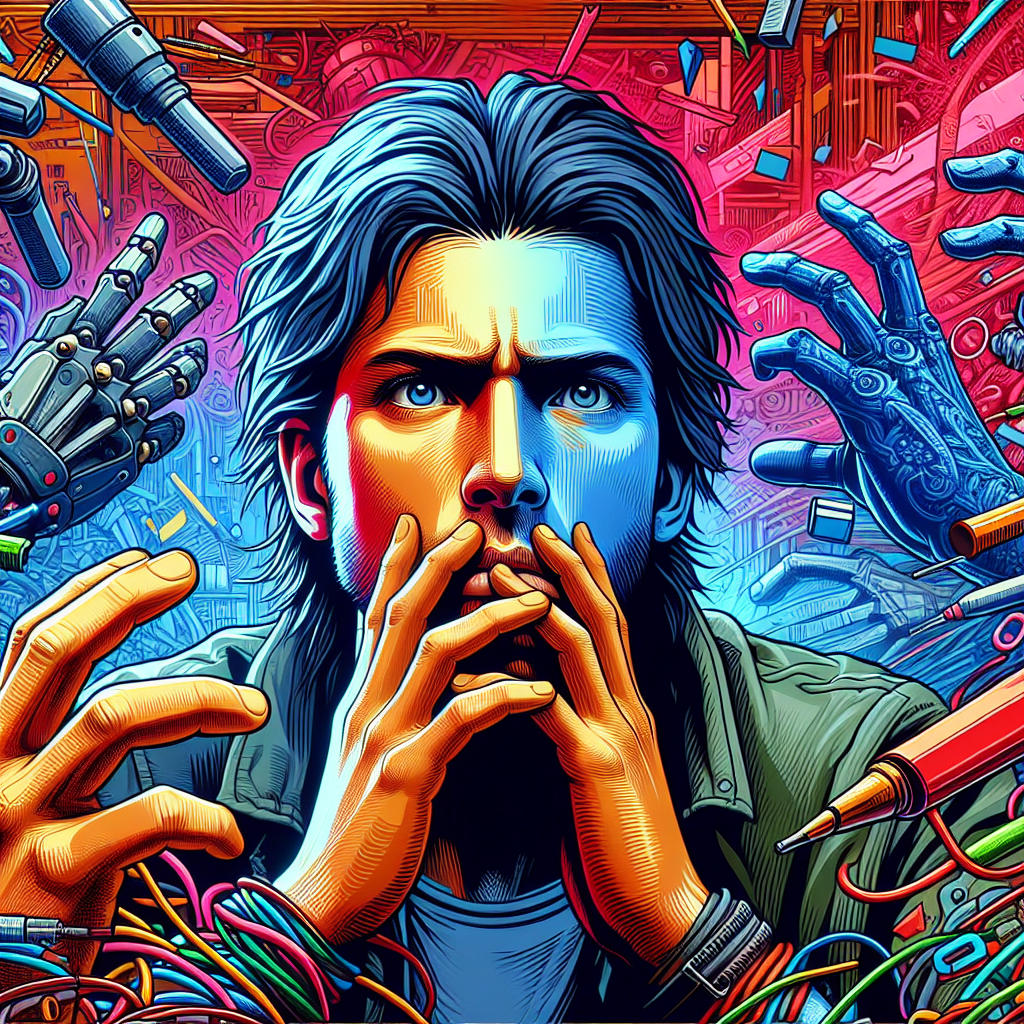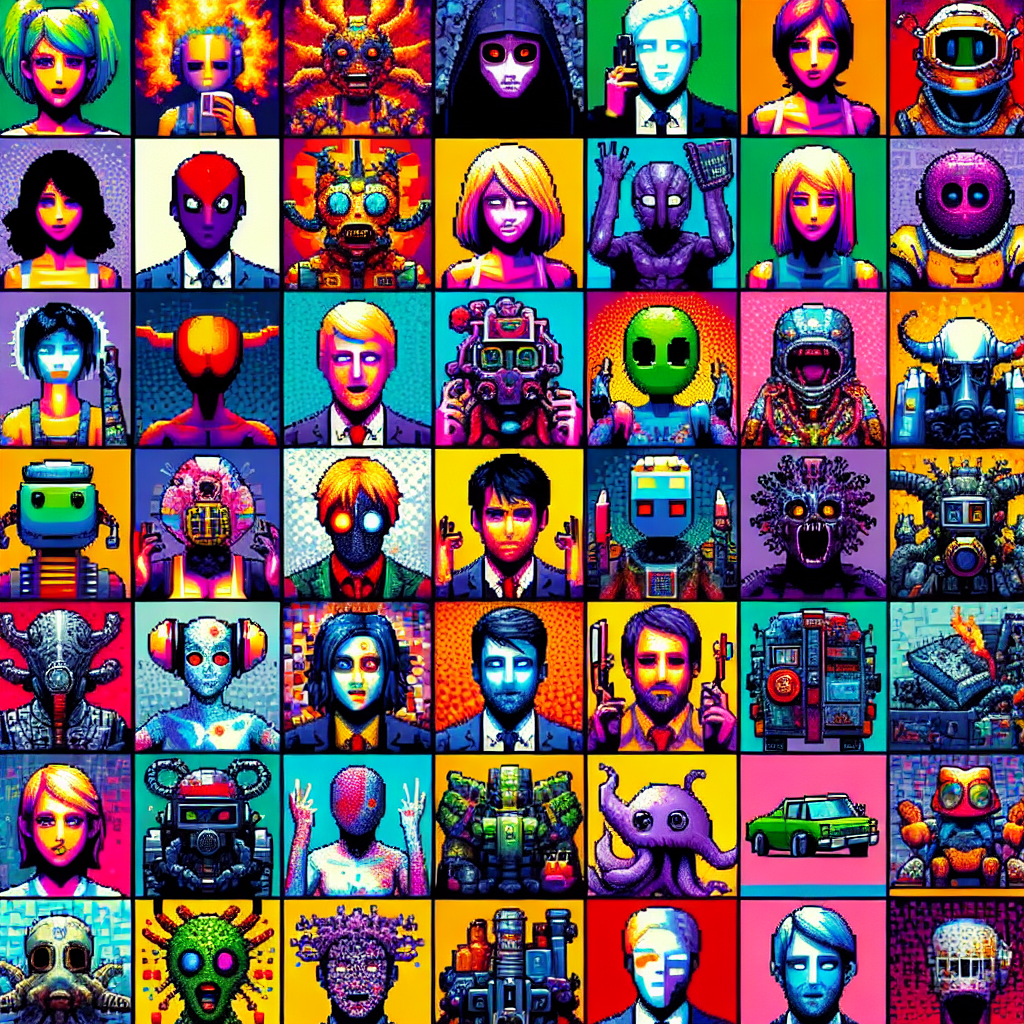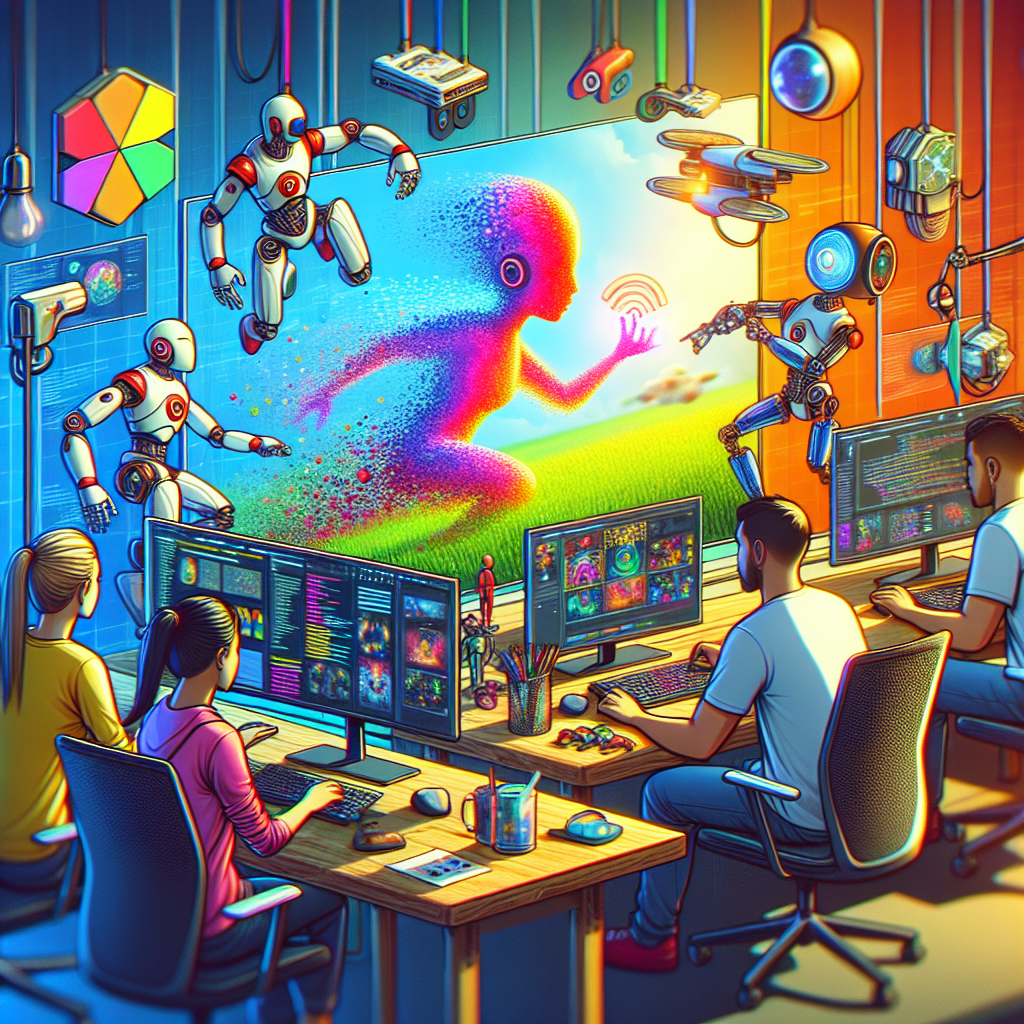In recent years, the gaming industry has made significant strides in addressing mental health issues. Games portraying mental health issues are becoming more prevalent, providing players with immersive experiences that foster understanding and empathy. This shift not only entertains but also educates players about the complexities of mental health.
Breaking the Stigma
One of the most significant contributions of games portraying mental health issues is their ability to break the stigma surrounding these topics. Historically, mental health has often been misunderstood and stigmatized, leading to isolation for those affected. However, as games introduce narratives that focus on characters grappling with anxiety, depression, and other mental health challenges, they encourage players to engage in conversations about these issues. For instance, titles like “Celeste” and “Hellblade: Senua’s Sacrifice” explore themes of anxiety and psychosis, respectively, offering players a glimpse into the struggles faced by individuals with these conditions.

Empathy Through Gameplay
Games portraying mental health issues often utilize gameplay mechanics to foster empathy. By placing players in the shoes of characters experiencing mental health challenges, developers create a unique opportunity for understanding. The narrative-driven game “Life is Strange” allows players to make choices that affect the protagonist’s mental state, highlighting the impact of social connections and decisions on mental well-being. These gameplay experiences can lead to greater awareness and compassion, encouraging players to reflect on their own perceptions of mental health.
Moreover, games like “The Last of Us Part II” tackle trauma and grief, showcasing how these experiences can shape an individual’s actions and relationships. By engaging with these stories, players can better appreciate the complexities of mental health and the importance of support systems.

Educational Value
Beyond entertainment, games portraying mental health issues serve an educational purpose. They can provide valuable insights into various mental health disorders, their symptoms, and coping strategies. Through interactive storytelling, players can learn about the realities of living with mental health conditions. This aspect is particularly important for younger audiences who may be more receptive to learning through interactive media.
Additionally, some games collaborate with mental health organizations to ensure accurate representation and provide resources for players seeking help. This partnership not only enhances the authenticity of the narratives but also reinforces the message that seeking support is crucial.
In conclusion, games portraying mental health issues are making a significant impact on how society views and understands these challenges. By breaking stigma, fostering empathy, and providing educational value, these games play a crucial role in promoting mental health awareness. As the industry continues to evolve, it is essential for developers to maintain this focus on mental health, ensuring that future titles contribute positively to the ongoing conversation around these important issues.
Some content and/or images on this page were created using AI.





